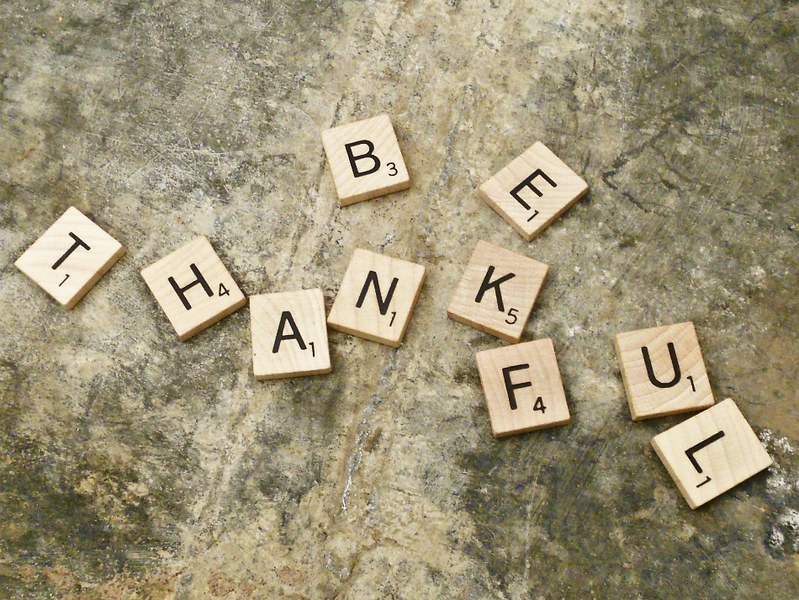What does the story of Purim have in common with a woman driving the wrong way on a freeway, a man trying to flee Iran in 1979 and an allegedly poisonous batch of plum jam? More than you’d think. Improbably, these near tragedies all ended safely. But rather than just breathe a sigh of relief, each of the people involved declared a “personal” Purim (just as entire communities have also done when saved from almost certain disaster).
These individuals wished to acknowledge their own miracle similar to the hidden one that saved the Jewish people in the time of Esther and Mordechai.
How do you commemorate a personal Purim? Rabbi Yom-Tov Lipmann Heller (1579–1654), known as the Tosafos Yom Tov after his seminal work of the same name, established a private Purim for his family. Charged with collecting a Bohemian government tax during the Thirty Years War, members of his community resisted the rabbi’s actions. They presented the government with defamatory accusations against the rabbi for which he was imprisoned. The Tosafos Yom Tov established two special days of remembrance for his family and descendants: the 5th of Tammuz as a fast day commemorating the day his troubles began, and the 1st of Adar, the day in 1644 when he became the rabbi of Krakow, Poland.
One of the most famous family Purims is known as Purim Povidl (the Plum Jam Purim) (1731). David Brandeis, a Jewish grocer from Bohemia, was imprisoned along with his family for selling some plum jam (“povidl”) blamed for causing the death of a gentile. An investigation revealed tuberculosis was actually to blame and the Jews were released. Descendants of Brandeis have celebrated the 10th of Adar as a family festival.
Rabbi Daniel Yaakov Travis explains that a thanksgiving feast is appropriate and that the day acquires the status of Purim for the survivor and his descendants. This tradition hits home for the rabbi. Years ago, while on the way to buy food in honour of his newborn daughter, he was involved in what could have been a fatal car accident. “Hashem had other plans for me and, in an act of infinite kindness, He graciously spared my life. Chai Sivan (the 18th day of Sivan), the day that I was saved, became a personal Yom Tov for me and my family.”
Rabbi Barry Leff’s personal Purim occurred not too far from Haman and Esther territory. On Feb. 16, 1979, Rabbi Leff found himself trying to get out of Iran just after the fall of the Shah. “We drove through the deserted streets of Tehran; it was almost eerily quiet. … One of the Revolutionary Guards in the lead car was riding on the trunk, on the outside of the car. The car hit a little dip, and his gun went off, shooting out the back window of the car.” You can read about the rest of his harrowing journey to freedom on the Rabbi Leff Digest.
Sonia Levitin found herself travelling in the wrong direction as cars barrelled toward her on Los Angeles’ 405 Freeway. “Eight lanes of traffic were bearing down on me, car horns blasting. It was rush hour and getting dark. There was no place to go… I remember stopping dead still and thinking, I will die here. Yet, as I sat there, terrified and helpless, I was also strangely aware of the amber light reflecting off my car’s pale gold interior… and felt utterly calm.”
“Dear God, I said aloud. Please help me. Please stop the traffic. In that instant, I felt only that golden calm. I repeated: Dear God, please help me. Please stop the traffic.”
The traffic slowed and a vast space opened in front of her. She survived. Sonia Levitin realized something inexplicable had occurred. She was also determined to prevent those feelings of gratitude from wearing off, as typically happens. Once a year, Levitin holds a celebratory dinner for eight to ten friends. She cooks everything herself, uses the best china, and invites guests to share their own moments of gratitude. She calls it “the freeway Purim.”
“I have not forgotten what happened to me, not for a single day,” writes Levitin. “Each morning when I awake, there is a moment when it comes back to me. I think of it when I read the ‘Song at the Sea’ in the prayer book and envision Pharaoh’s army approaching the helpless Israelites with their backs to the sea, the sudden and complete routing of the foe, and the Jewish people’s response: ‘This is my God, and I will glorify Him!” Now I truly grasp the emotion of these words.’”
In his Personal Purim Miracle, Rabbi Benjamin Blech writes how his appearance in a stranger’s home set off an improbable chain of events which helped prevent someone from forsaking Judaism. But Rabbi Blech doesn’t take any credit. “I was just a prop used in a larger, cosmic drama.”
“Ever since then, I’ve become attuned to noticing the small miracles that surround us so often in life. They’re the ones that should make us reflect on why we happened to be precisely in a certain place at precisely a certain time. They’re the ones that should remind us that there are occasions when we are merely messengers in a divinely orchestrated story, witnessing God’s hidden miracles.”
Have a very happy Purim!
